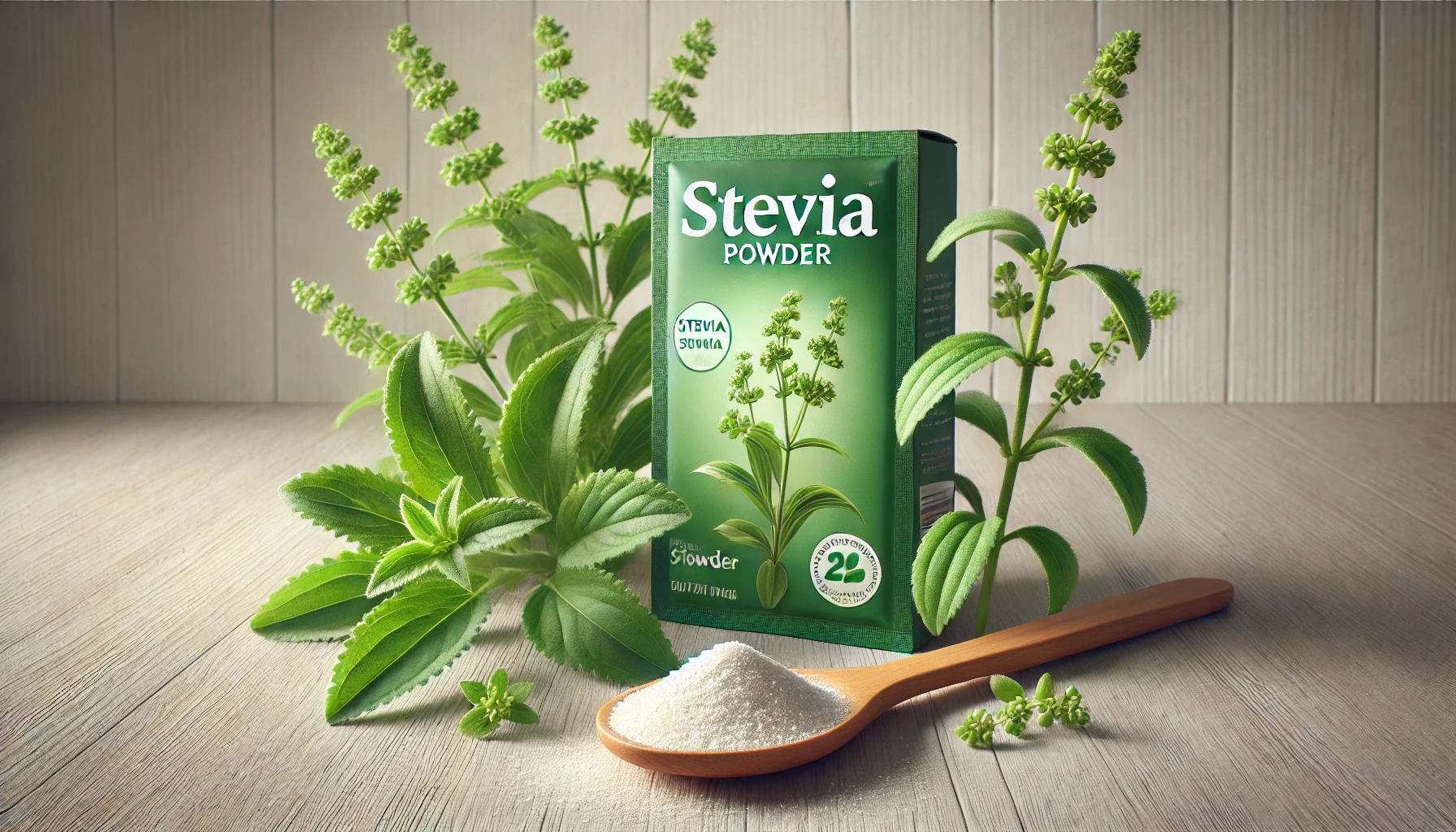Check out this answer from Consensus:
Stevia is a versatile and beneficial natural sweetener with a wide range of health benefits and industrial applications. Its ability to provide sweetness without calories makes it an ideal sugar substitute for individuals with diabetes and those looking to manage their weight. While some concerns about its safety exist, the majority of research supports its use as a safe and effective alternative to sugar. Further studies are warranted to explore its long-term effects and potential new health benefits.
Stevia, scientifically known as Stevia rebaudiana Bertoni, is a perennial shrub native to South America. It has gained global recognition for its potent sweetening properties and numerous health benefits. This article delves into the origins, biochemical properties, health benefits, and potential risks associated with stevia.
Origins and Biochemical Properties
Stevia has been used for centuries by indigenous people in South America, primarily as a sweetener and for medicinal purposes1. The sweetness of stevia is attributed to its steviol glycosides, which are compounds that are 100-300 times sweeter than sucrose (table sugar)2 4. The primary sweetening compounds in stevia are stevioside and rebaudioside A, which are thermostable and suitable for use in cooked foods2.
Health Benefits
Diabetes and Weight Management
Stevia is particularly beneficial for individuals with diabetes and those looking to reduce their caloric intake. It provides a sweet taste without affecting blood sugar levels, making it a suitable sugar substitute for diabetic patients1 5. Studies have shown that daily consumption of stevia can help in weight maintenance and reduce energy intake, which is crucial for managing obesity5 9.
Antioxidant and Anti-inflammatory Properties
Stevia contains several bioactive compounds that exhibit antioxidant, antimicrobial, and anti-inflammatory activities. These properties make stevia a promising natural product for supporting human health and protecting against various diseases3 6. Research has demonstrated that stevia leaf extracts can restore oxidative stress markers and provide protective effects against diseases such as diabetes mellitus3.
Other Health Benefits
Stevia has been found to have additional health benefits, including anti-hypertensive, anti-cancer, and antimicrobial effects. It also helps in improving kidney function and preventing dental caries4 7. The rich nutritional profile of stevia, which includes folic acid, vitamin C, and essential amino acids, further enhances its health benefits2.
Industrial Applications
Stevia is widely used in the food and beverage industry as a natural sweetener and sugar substitute. Its high sweetening power and zero-calorie content make it an excellent choice for sugar- and calorie-reduced products6. Besides its use in food products, stevia is also employed in the production of fertilizers, animal feed, and as solubilizing or foaming agents4.
Safety and Potential Risks
Despite its numerous benefits, the safety of stevia has been a topic of debate. However, several food regulatory and safety authorities around the world have affirmed its safety for human consumption6. Some studies have raised concerns about potential adverse effects, such as disorders of human metabolism and intestinal microbiota, genotoxicity, and allergenicity10. Nonetheless, the current consensus supports the use of stevia as a safe sugar substitute when consumed within the recommended daily intake levels10.
